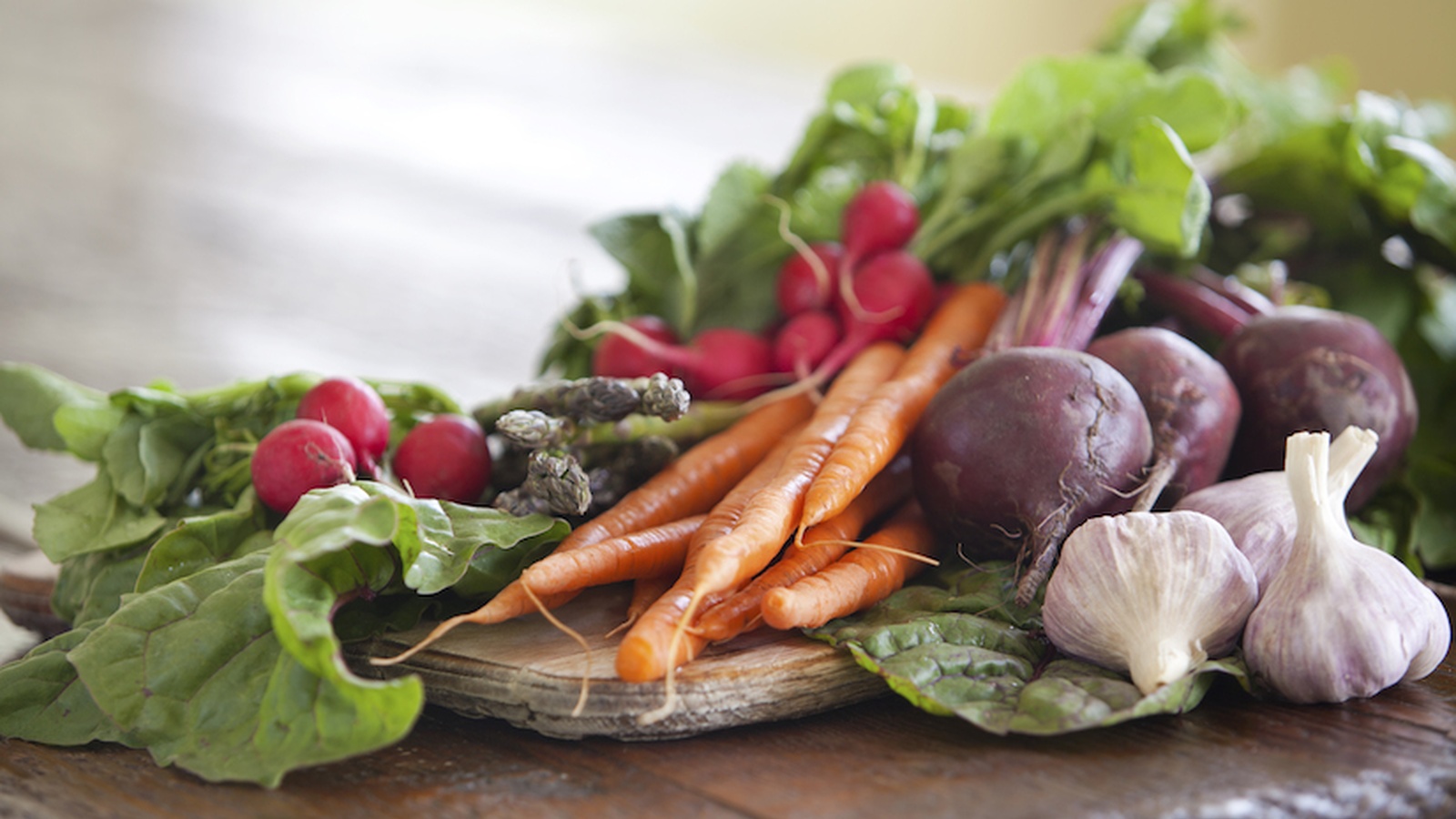How to Boost Your Brain Power!
The myth is the older you get, the poorer your mental agility becomes. But I do believe that you can keep a sharp mind and a keen intellect at any age with the right combination of nature’s ‘smart nutrients’.
As a psychologist, I was taught that this was impossible – but I didn’t believe it, so I set out to prove it was true. I helped conduct a study, giving school children a high-strength multivitamin or a placebo and testing their IQ before and after. The children who took the multivitamin had a 9% increase in non-verbal IQ! The good news is that you don’t just have to be a child to benefit from these findings.
Dr Rakesh Chandra from the Memorial University of Newfoundland in Canada decided to test whether supplementation with vitamins and trace elements in modest amounts could improve memory and mental performance in healthy, elderly subjects. He gave 96 such men and women over the age of 65 either a daily supplement or a placebo for 12 months. Those taking the supplements showed substantial improvement in short-term memory, concentration and problem-solving skills.
Now that’s from just taking a good multivitamin. I’ve since pinpointed some key nutritional factors that I believe give you the edge on focus and concentration, memory and mental agility. I call these ‘smart nutrients’ and they include nutrients such as DMAE and phospholipids, which may directly support brain function. I personally take these nutrients every day and I’m convinced that they’re the best way to sharpen your mind and protect yourself against memory decline.
Brain Friendly Diet
The starting point for tuning up your brain is to follow an optimum nutrition diet and take daily
supplements. Here are the ten golden rules to follow to make sure your diet is maximising your mental health.
1. Eat wholefoods – wholegrains, lentils, beans, nuts, seeds, fresh fruit and vegetables – and avoid refined, white and overcooked foods.
2. Avoid any form of sugar – in biscuits, cakes, confectionery and also foods with added sugar in the forms of syrups, dextrose and maltose.
3. Eat five or more servings of fruits and vegetables daily – choose dark green, leafy and root vegetables such as watercress, carrots, sweet potatoes, broccoli, cabbage, brussels sprouts, spinach, green beans or peppers, all raw or lightly cooked. Choose fresh fruit such as apples, pears, berries, plums, melon or citrus fruit. Have bananas, grapes and potatoes in moderation only (they contain a lot of natural sugar). Dilute fruit juices and only eat dried fruits infrequently in small quantities, preferably soaked.
4. Eat four or more servings of wholegrains daily – such as rice, millet, rye, oats, wholewheat, corn or quinoa as cereal, breads and pasta.
5. Combine protein foods with carbohydrate foods by eating wholegrain cereals and fruit with raw, unsalted nuts or seeds, and ensuring you eat starchy foods (potatoes, bread, pasta or rice) with protein-rich fish, lentils, beans, eggs or tofu. If eating animal protein, choose lean, white meat or preferably fish, organic whenever possible.
6. Eat eggs – preferably free-range, organic and high in omega-3s. Aim for about 3-5 a week.
7. If eating animal protein, choose cold-water carnivorous fish - A serving of herring, mackerel, salmon or trout two or three times a week provides a good source of omega-3 fats and protein.
8. Eat raw, unsalted seeds and nuts. The best seeds are flax (or linseed), hemp, pumpkin, sunflower and sesame. You get more goodness out of them by grinding them first and sprinkling on cereal, soups and salads.
9. Use cold-pressed seed oils. Choose an oil blend containing flaxseed oil or hemp oil for salad dressings and cold uses, such as drizzling on vegetables instead of butter. Don’t cook with these oils as their fats are easily damaged by heat.
10. Minimise your intake of fried food, processed food and saturated fat from meat and dairy to prevent damage to brain fats.
The good news is that mental decline is not inevitable and you can boost your memory and mental alertness at any age. Research shows clearly that healthy, well-nourished and well-educated people show no signs of declining mental function with age. What’s more, while it is true that brain cells die with age, you can also build new brain cells at any age. How? By feeding your brain, both with the right nutrients and the right information.









